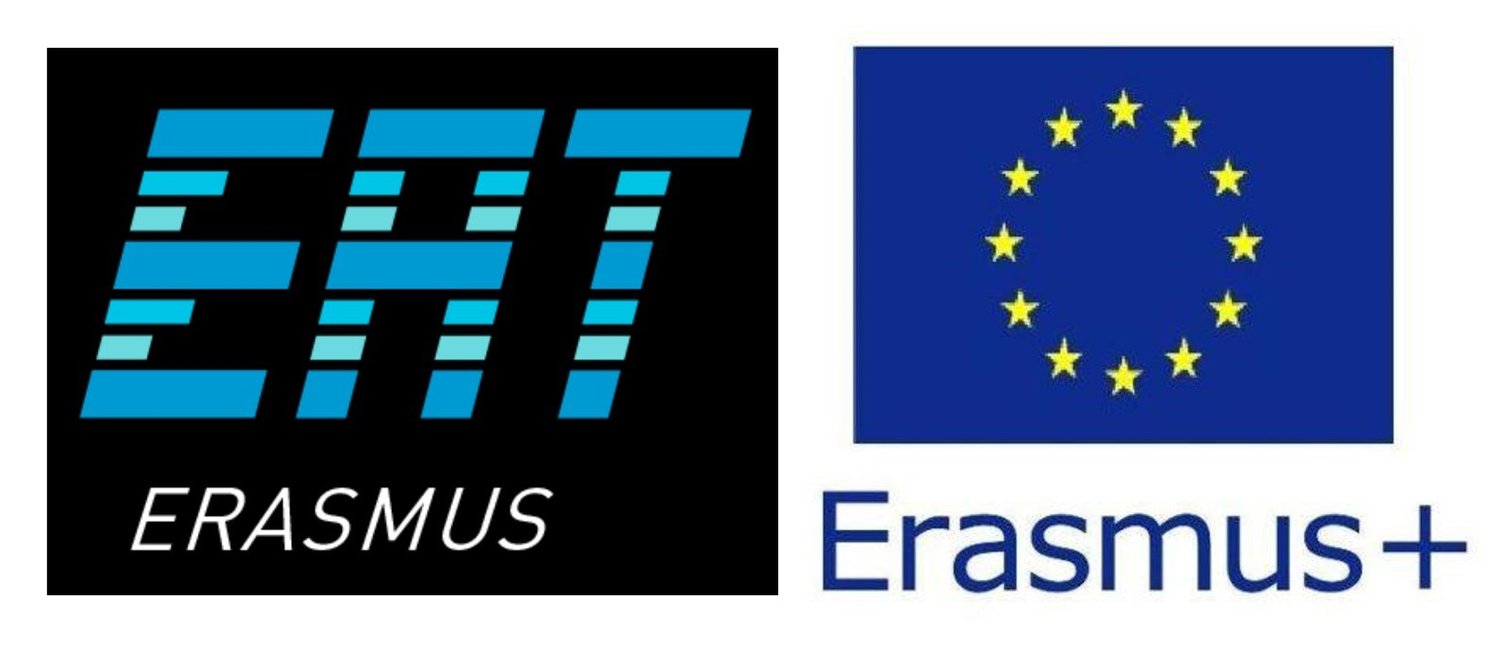Output One: Assessment Self-Regulation Resources
Output 1 includes the creation of:
Self-regulatory report. This comprehensive self-regulatory assessment report will be a state of the art review on self-regulation in relation to assessment. The methodology will involve a systematic review of the self-regulation literature and its application to assessment – this work requires detailed analysis of databases, extraction and selection of articles, agreement regarding selection - peer review, and synthesis of findings leading to a substantive literature review.
peer review, and synthesis of findings leading to a substantive literature review.
Self-regulatory competency framework. Methods involve primary and secondary data collection. Secondary data will be obtained from the research literature and reports and data bases also identified though snow-balling techniques. Primary data will be based on feedback from potential users through a set of ongoing training and development events. Conceptual Development involves building a self-regulatory competency framework that has application across contexts and can be used to support the development of high-level learning outcomes and also feed into Output 3 in suggesting key resources that need to be developed. It requires the integration of ideas from across partner countries and training in the core constructs to enable ideas to be thoroughly synthesized; it will take a significant amount of time to map all constructs and explore relevance across disciplinary contexts in partner HEIs. Testing: Having built the Framework it will be tested and piloted within partner universities. Partners will work on the Framework in their own institutions to ensure relevance to different cultural contexts. Evaluation: Comprehensive evaluation will be undertaken with partners and identified experts across institutions – this will be led by Partner 5. The framework will be trialled with colleagues and the process and conceptual framework will be evaluated from stakeholder perspectives.
Academic article promoting self-regulatory practices. This will involve the production of a generic publication on integrated assessment that will draw extensively on the research literature and experiences of those engaged in using EAT approach will involve a mixed methodology. All partners will be involved in the publication to be submitted to an academic peer reviewed journal and further dissemination outlets in each partner country. The article will be evaluated based on its originality, relevance to addressing a key concern within HE, rigour of methodology to include research design and methods of data collection, analysis) and transferability of findings.

